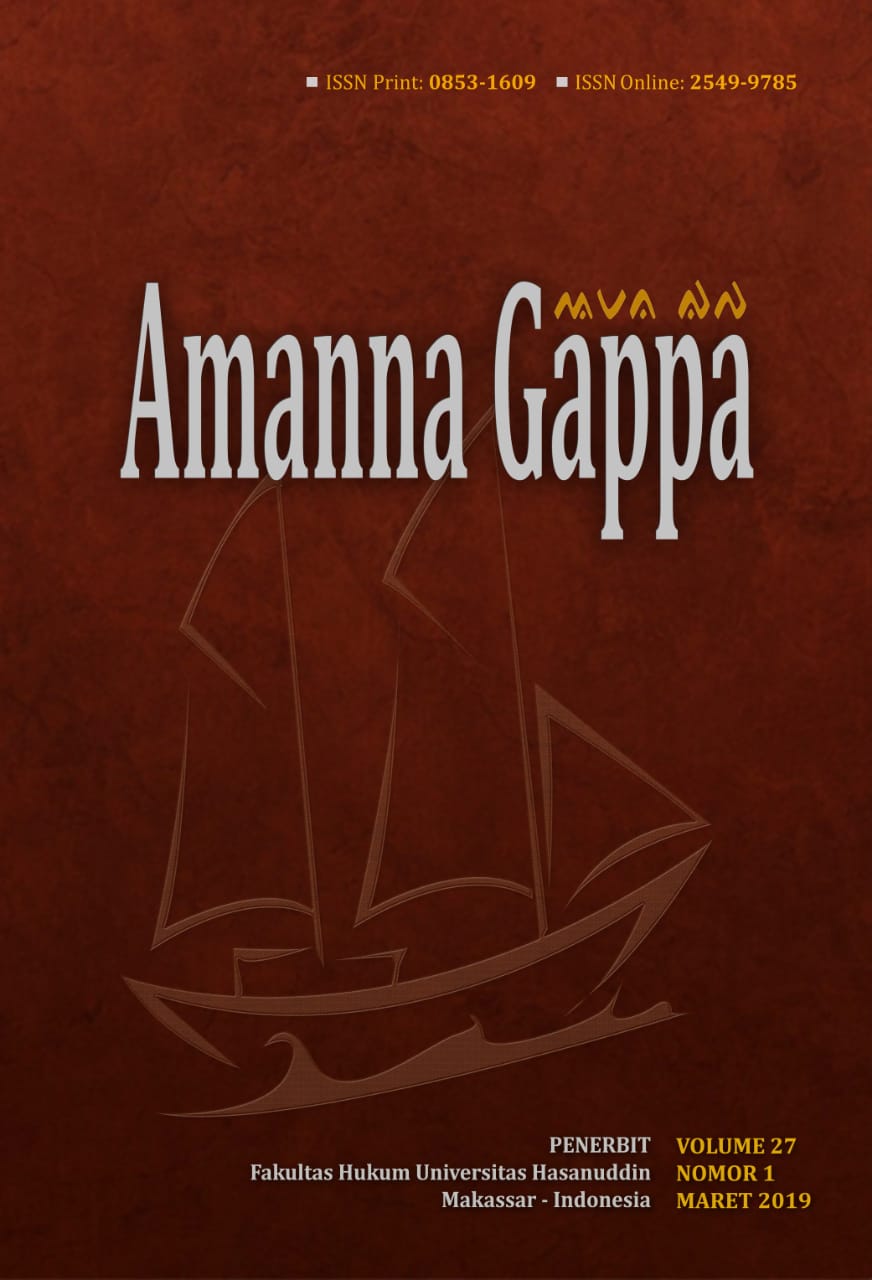Abstract
Di tengah perdebatan akademik yang masih terjadi soal kewenangan memutus perkara constitutional complaint oleh Mahkamah Konstitusi, penelitian ini mencoba menguraikan alasan perlunya kewenangan untuk memutus perkara constitutional complaint dan bagaimana konstruksi hukum yang dapat dibangun untuk dapat menjadi dasar bagi MK dalam memutus constitutional complaint. Penelitian ini menggunakan metode penelitian yuridis normatif. Pendekatan yang digunakan adalah pendekatan perundang-undangan dan konseptual, serta analisis dilakukan secara deskriptif kualitatif. Penelitian ini menunjukkan bahwa terdapat empat alasan mendasar perlunya MK diberikan kewenangan untuk memutus constitutional complaint di Indonesia. Untuk mewujudkan hal tersebut, terdapat tiga alternatif yang dapat dilakukan: Pertama, melakukan perubahan formal terhadap landasan konstitusional Mahkamah; Kedua, melakukan perubahan terhadap konstruksi Pasal 24C ayat (1) UUD NRI Tahun 1945 melalui Putusan Mahkamah Konstitusi (judicial interpretation); Ketiga, melakukan pemaknaan atau penafsiran terhadap Pasal 29 ayat (1) huruf e Undang-Undang Nomor 48 Tahun 2009 tentang Kekuasaan Kehakiman.
This work is licensed under a Creative Commons Attribution-NonCommercial 4.0 International License.
Copyright (c) 2021 Amanna Gappa
